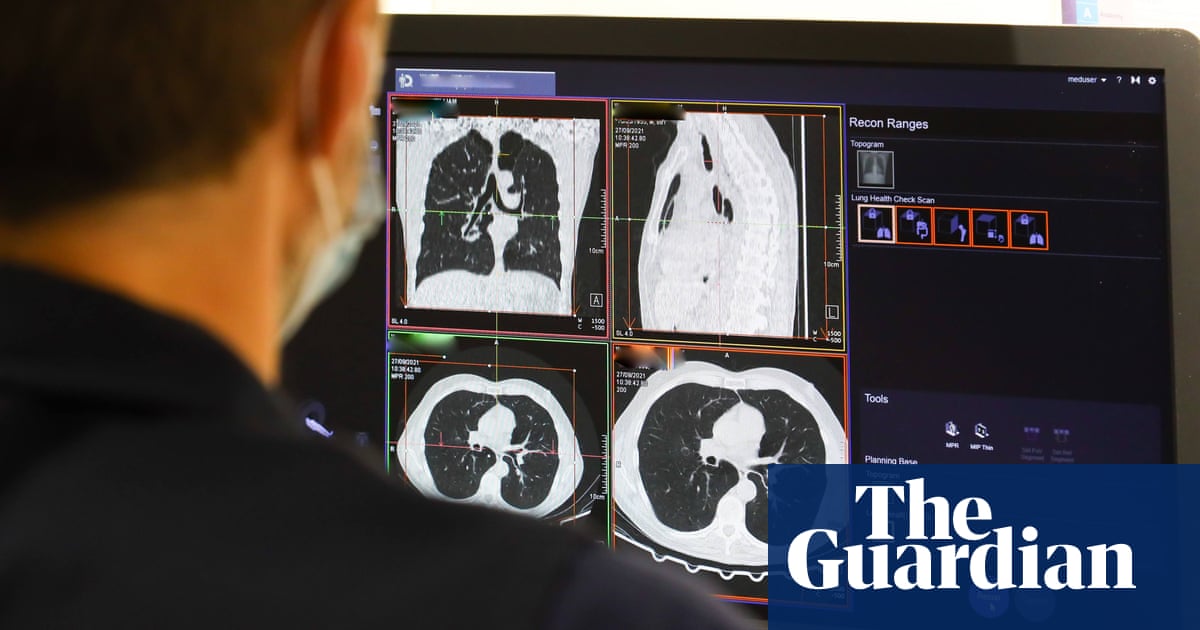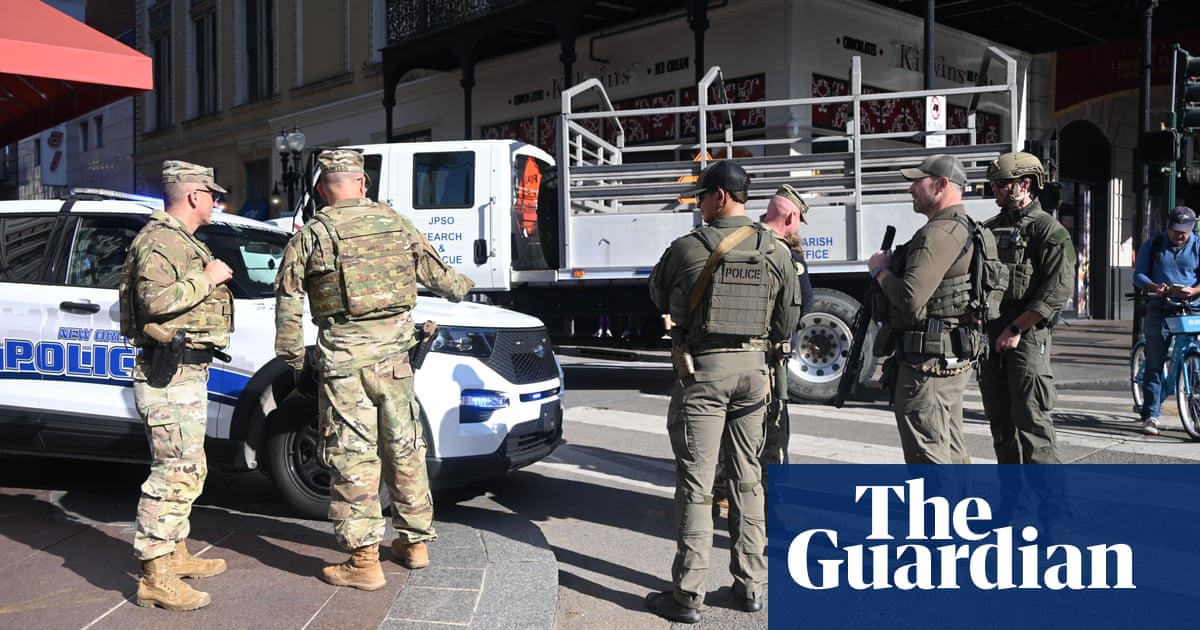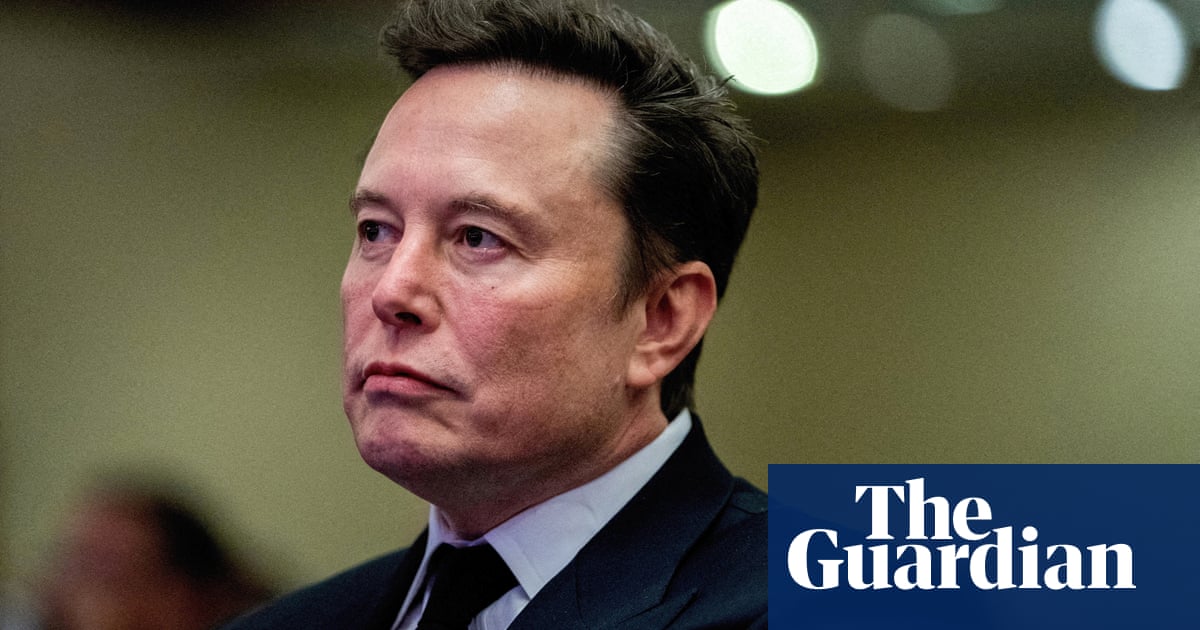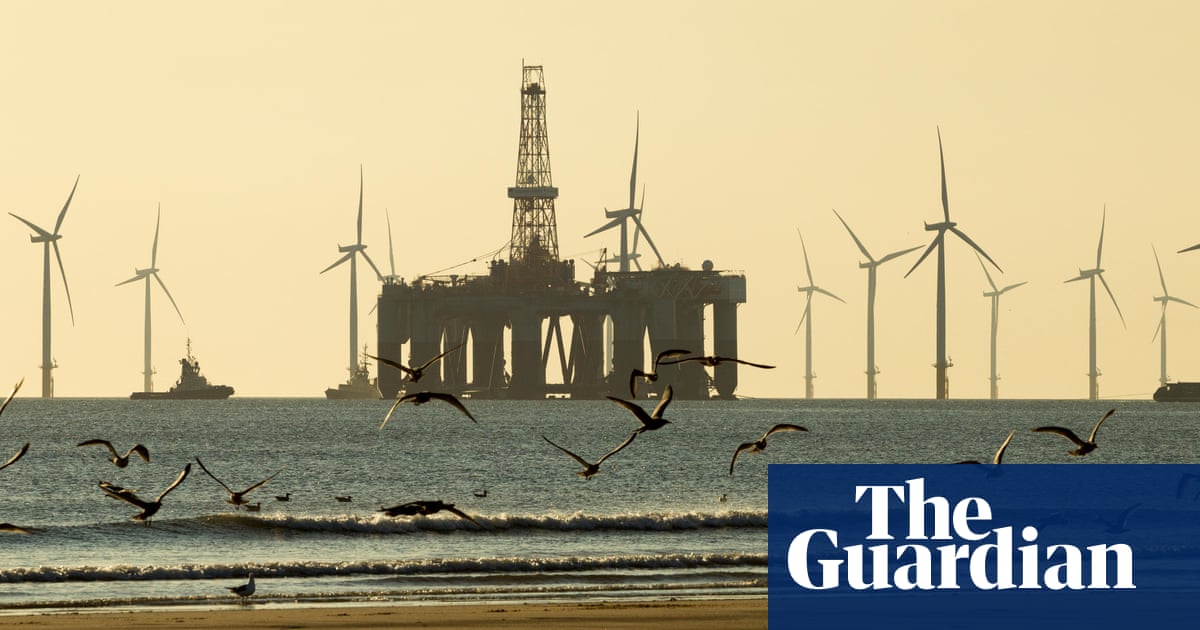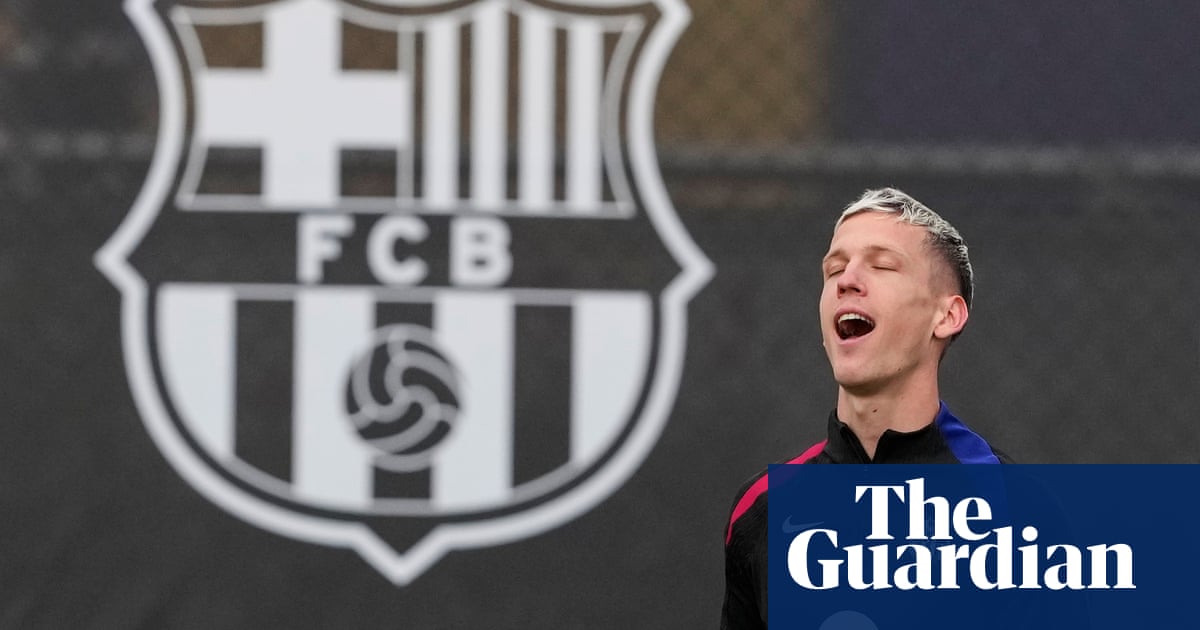Lithuania’s opposition Social Democratic party has promised to spend “as much money as is needed” on security and defence to counter a potential threat from Russia after it finished a comfortable first in Sunday’s parliamentary elections.
“Our election manifesto says it should be not less than 3.5% [of GDP], and this is unavoidable,” the Social Democrat leader and MEP, Vilija Blinkevičiūtė, said on Monday after her centre-left party won 52 seats in the 141-member parliament.
The Baltic state, which shares a 179-mile (275km) border with Russia, has been one of the EU’s strongest supporters of Kyiv and fiercest critics of Moscow under its outgoing conservative-led government. Blinkevičiūtė promised that would not change.
Polls show as many as three-quarters of Lithuania’s 2.8 million people believe it could be the target of a Russian invasion in the near future. The country is already among the top Nato spenders, allocating about 3% of its GDP to defence.
According to Germany’s Kiel Institute, Lithuania is also among the top three countries in terms of aid for Ukraine in relation to the size of its economy.
The Social Democrats, who were last in power from 2012 to 2016, are expected to start negotiations on forming a coalition with the centre-left Union of Democrats “For Lithuania” and the Lithuanian Farmers and Greens Union.
The centre-right party of the outgoing prime minister, Ingrida Šimonytė, Homeland Union – Lithuanian Christian Democrats, finished second with 28 seats. Its leader, the foreign minister, Gabrielius Landsbergis, resigned on Monday.
Analysts have suggested the Social Democrats’ desired three-way coalition, which would have only a slim majority of 74 seats, may prove too fragile to last long without the backing of a new nationalist party, Nemunas Dawn, which won 20 seats.
The Social Democrats have ruled out going into government with Nemunas Dawn, led by a former MP, Remigijus Zemaitaitis, who resigned last year over allegedly antisemitic comments and is on trial on charges of inciting hatred, which he denies.
In Bulgaria, meanwhile, which also held parliamentary elections – its seventh in four years on Sunday, provisional results showed the centre-right GERB party of the former prime minister Boyko Borissov finished first with 26.5% of the votes.
However, there seems little likelihood of stability returning to the EU’s poorest member state, which has been in in political limbo since 2021 after massive anti-corruption protests in 2020 triggered the downfall of a Borisov-led cabinet.
Six elections since then have failed to yield a sustainable government. The reformist coalition We Continue the Change came second on 14.7%, and the ultra-nationalist, pro-Russian Vazrazhdane (Revival) party a close third on 13.5%.
Borissov, who served as prime minister for 13 years before his downfall, on Monday described his victory as “categorical”, promised he was willing compromise and said he would “work together with everyone except Revival”.
But analysts predicted GERB would again struggle to find coalition partners in a fragmented parliament of nine different parties.
Political uncertainty has held up the flow of badly needed EU funds into Bulgaria’s crumbling infrastructure and already contributed to Bulgaria’s plans to join the eurozone being twice pushed back.
Turnout rose slightly to 38%, up on the 34% recorded in the previous election in June, but polls showed about 60% of Bulgarians found the continuing deadlock “extremely alarming”. Official results are not expected for several days.
If confirmed, Borissov would be handed a mandate to try to form his fourth government – but the results, which are not significantly different from the six most recent elections, do not look promising and could lead to yet another vote.

.png) 2 months ago
25
2 months ago
25





